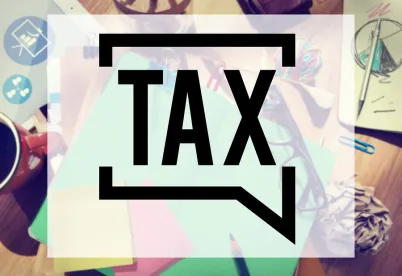Recently passed budget legislation in both Connecticut and Rhode Island included tax increases on sales of digital goods and services. The Connecticut bill has been signed into law. The Rhode Island bill passed late last night awaits executive action. Below are brief summaries of the impacts of these bills on the sales taxation of digital goods and services (assuming the Rhode Island governor signs the bill) beginning October 1, 2019.
Connecticut
Governor Ned Lamont (D) signed the Connecticut budget bill (HB 7424) into law in early June. The bill contains language increasing the sales and use tax rate on most digital goods and services from the current 1% rate to the full 6.35% rate beginning October 1, 2019. See Sections 319-322 (starting on page 460 of the Public Act). Specifically, these provisions expand the definition of “tangible personal property” for sales and use tax purposes so they include: (1) “digital goods” and (2) “canned or prewritten software that is electronically accessed or transferred, other than when purchased by a business for use by such business, and any additional content related to such software.” Note, there is a statutory carve-out for electronically accessed or transferred software transactions in the B2B context. As enacted, “digital goods” means audio works, visual works, audio-visual works, reading materials or ring tones that are electronically accessed or transferred. The bill also creates explicit statutory sale for resale standards for the sale of canned or prewritten software, “digital goods” and “computer and data processing services.” To the extent your company offers or purchases “digital goods” or electronically delivered or cloud-based software to consumers, the authors encourage careful review of these new provisions.
Effective October 1, 2019, the tax rate for sales of digital goods and B2C SaaS and other cloud-based services will increase from 1% to 6.35%.
Rhode Island
Late last night (June 27), the Rhode Island Senate concurred with changes made by the House late last week (via substitute) to the budget bill (H. 5151). The amended substitute that cleared the General Assembly contains a proposal increasing the sales and use tax base so that it includes “specified digital products.” This proposal was first raised in January as part of the governor’s executive budget proposal. These provisions (Article 5, Section 9, beginning on page 161 of the amended bill) would include “[t]he sale, storage, use, or other consumption of specified digital products” in the sales tax base starting October 1, 2019. The bill defines “specified digital products” consistent with the SSUTA and includes electronically transferred digital audio-visual works, digital audio works and digital books. Because the bill does not specify otherwise and Rhode Island is a SST state, the base increase will be limited to downloads (i.e., right of permanent use required and must not be conditioned upon continued payment). Thus, if signed by the governor, the “specified digital products” base expansion that passed yesterday would not cover subscription-based offerings or streamed audio/video offerings where the right to use the specified digital product is only temporary.
Next, the budget bill with the new “specified digital products” tax will be delivered to Governor Gina Raimondo (D) for consideration.
Practice Note
State legislatures were active in 2019 in the digital goods and services tax space. For example, another New England state (Vermont) considered a bill (S. 96) that would have repealed the cloud tax exemption it enacted a few years ago. While the provision was ultimately stricken from the bill prior to passage, legislative leaders in Vermont indicated that they expect the proposal to be considered again during the 2020 session.






 />i
/>i

